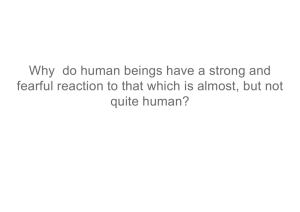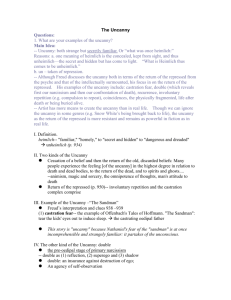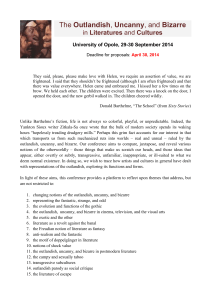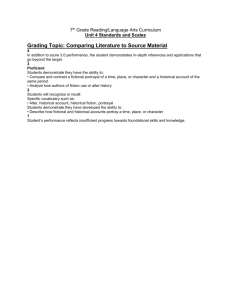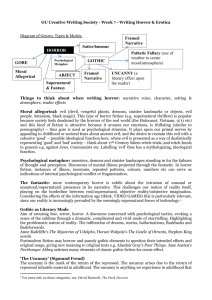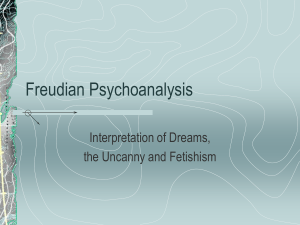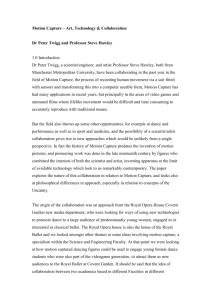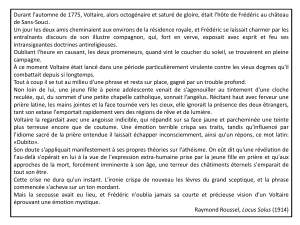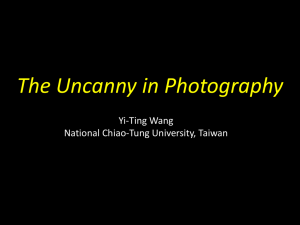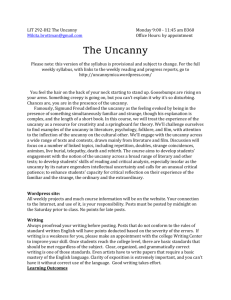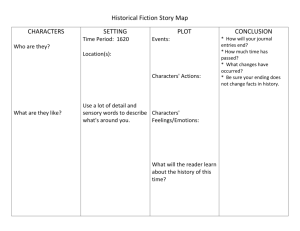Universal human fears 1. Fear of Snakes 2. Fear of Heights 3. Fear
advertisement
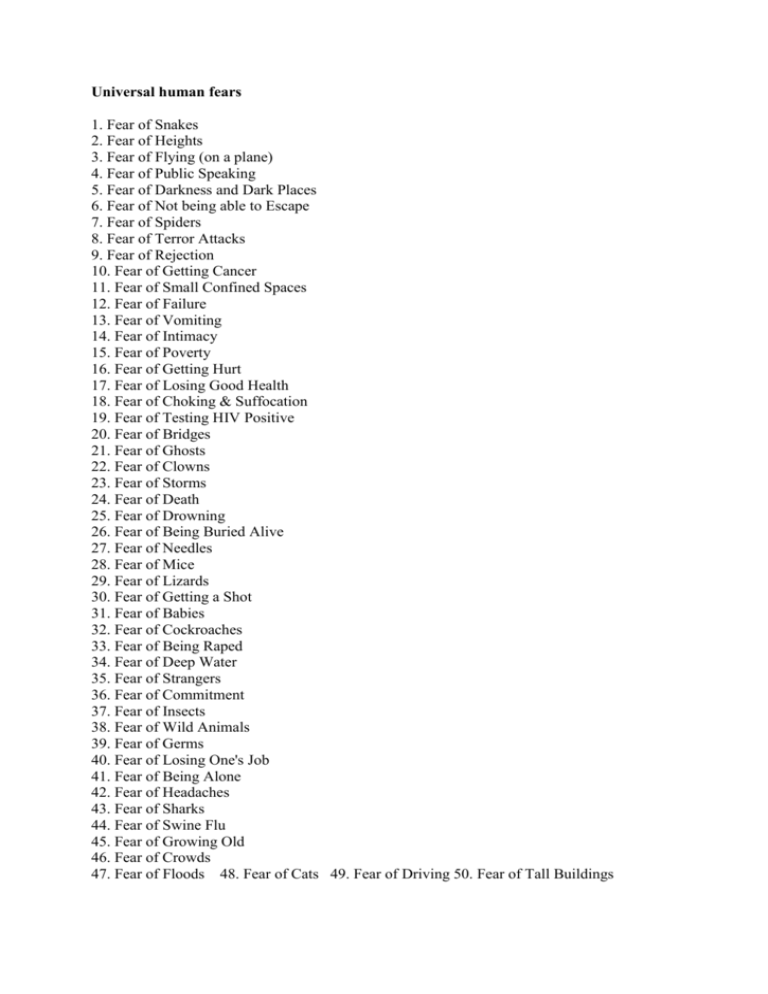
Universal human fears 1. Fear of Snakes 2. Fear of Heights 3. Fear of Flying (on a plane) 4. Fear of Public Speaking 5. Fear of Darkness and Dark Places 6. Fear of Not being able to Escape 7. Fear of Spiders 8. Fear of Terror Attacks 9. Fear of Rejection 10. Fear of Getting Cancer 11. Fear of Small Confined Spaces 12. Fear of Failure 13. Fear of Vomiting 14. Fear of Intimacy 15. Fear of Poverty 16. Fear of Getting Hurt 17. Fear of Losing Good Health 18. Fear of Choking & Suffocation 19. Fear of Testing HIV Positive 20. Fear of Bridges 21. Fear of Ghosts 22. Fear of Clowns 23. Fear of Storms 24. Fear of Death 25. Fear of Drowning 26. Fear of Being Buried Alive 27. Fear of Needles 28. Fear of Mice 29. Fear of Lizards 30. Fear of Getting a Shot 31. Fear of Babies 32. Fear of Cockroaches 33. Fear of Being Raped 34. Fear of Deep Water 35. Fear of Strangers 36. Fear of Commitment 37. Fear of Insects 38. Fear of Wild Animals 39. Fear of Germs 40. Fear of Losing One's Job 41. Fear of Being Alone 42. Fear of Headaches 43. Fear of Sharks 44. Fear of Swine Flu 45. Fear of Growing Old 46. Fear of Crowds 47. Fear of Floods 48. Fear of Cats 49. Fear of Driving 50. Fear of Tall Buildings Freud's general thesis: The uncanny is anything we experience in adulthood that reminds us of earlier psychic stages, of aspects of our unconscious life, or of the primitive experience of the human species. a. castration b. double c. involuntary repetition; the compulsion to repeat d. animistic conceptions of the universe = the power of the psyche. It sees itself as stronger than reality; e.g. telepathy, mind over matter. These are common conceptions of primitive life. The uncanny arises as the recurrence of something long forgotten and repressed, something superceded in our psychic life = a reminder of our psychic past. Return of the repressed is a necessary condition for the uncanny, but not a sufficient one. Something else must also be at play here in order to create the experience of the uncanny, two kinds of sources of the uncanny, its relation to the psychic past: 1) uncanny = revival of repressed infantile material = part of individual psychic reality; 2) uncanny = confirmation or return of surmounted primitive beliefs of the human species, such as animism, etc. Our experience of the uncanny in our real-life experiences and in fiction are different as fantasy is different from reality because it does not undergo reality-testing. -- Therefore, events that would be uncanny if experienced in real life are not experienced as such in fiction. -- Fiction only creates an uncanny effect if the author makes a pretense to realism; if we as readers believe that real, actual conditions are being narrated. -- The experience of the uncanny in literature depends on the discrepancy between real events and fantastic occurrences in the fictional world. The author promises truth and verisimilitude, but then breaks this promise. -- We, as readers of the fiction, must share the perspective of the character who experiences the uncanny event in the fictional world. The Qualities of Uncanny Fiction A. Focus is on one central character = the anchor character; events, people, etc. in the fictional world only have significance in relation to this character; B External events are seen through the perspective of the anchor character and colored by his or her psyche; they are projections of the psyche of this fictional character; C. The text thus takes on the quality of a dream text, with manifest and latent content. The real and the fantastic form a unity in the consciousness of the anchor character. This lends some of the events the shimmer of the symbolic because it is undecidable whether they are real or imagined; D. Stylistically, uncanny fiction requires a fusion of objective and subjective narrative styles. We commonly find a realistic frame, which reads like a report or a newspaper article, which is suddenly ruptured by fantastic events. But this rupture is also related with the accuracy and detail of objective narration; E. The reader's perspective must be that of the anchor character; events must be perceived through his/her eyes, filtered through the psyche of this character. Only when all of these conditions are met is the experience of the uncanny transferred from the domain of the fictional world to the receptive experience of the reader.
